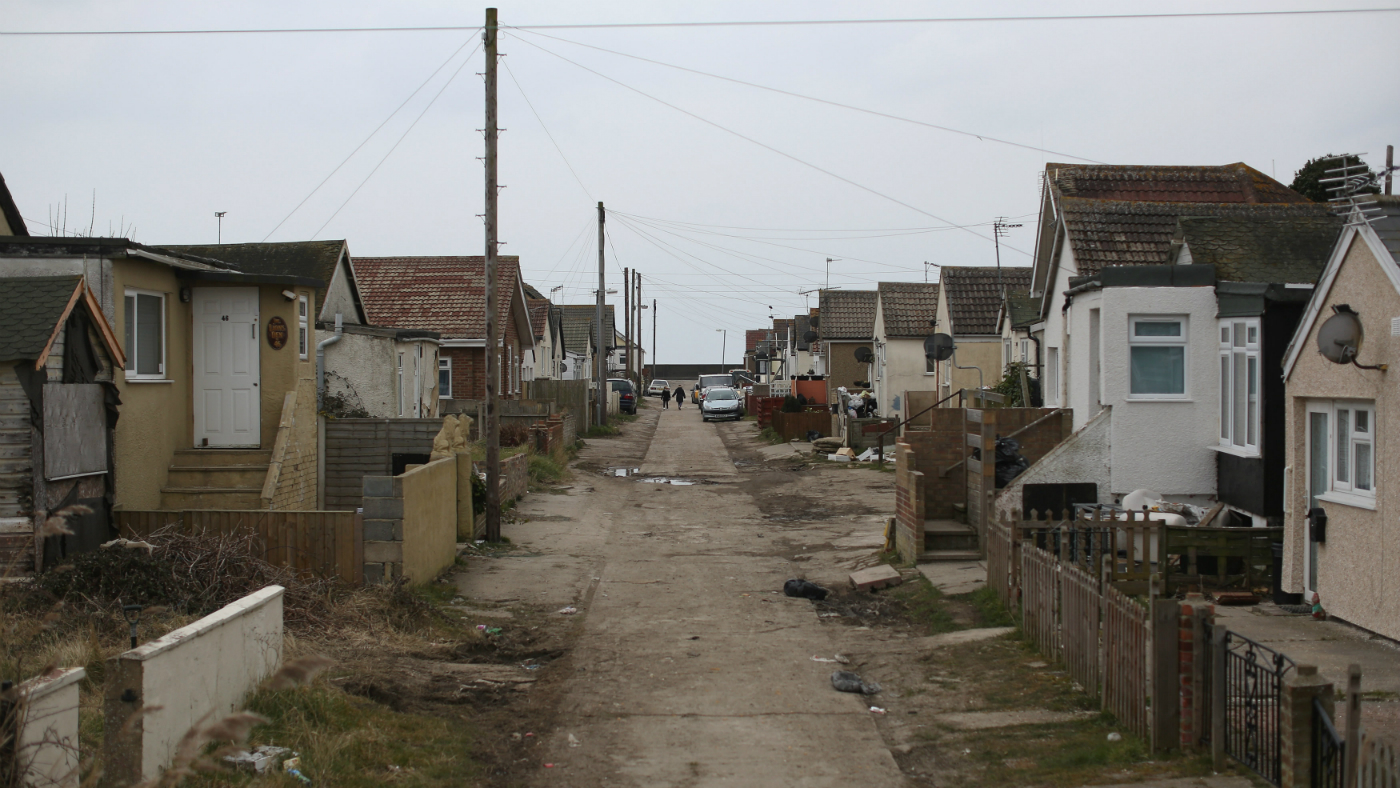Marmot 2020: the worst places for life expectancy in England
Damning new report says increases in expected life spans have stalled over past decade as health cuts take toll

A free daily email with the biggest news stories of the day – and the best features from TheWeek.com
You are now subscribed
Your newsletter sign-up was successful
Ten years of austerity and cuts to the NHS have caused life expectancy for most people in England to remain static for the first time in more than a century - and even reverse among some of the most deprived, a damning new report warns.
A decade after his landmark 2010 review of public health in England, Professor Michael Marmot has published a follow-up report that says the country’s health service is “faltering” under the weight of successive Tory governments.
Continuous improvement in life expectancy throughout the 20th century has “slowed dramatically, almost grinding to a halt” since 2011, warns Marmot, director of the Institute of Health Equity at University College London (UCL). And more people are spending more time in poor health during their lives, he adds.
The Week
Escape your echo chamber. Get the facts behind the news, plus analysis from multiple perspectives.

Sign up for The Week's Free Newsletters
From our morning news briefing to a weekly Good News Newsletter, get the best of The Week delivered directly to your inbox.
From our morning news briefing to a weekly Good News Newsletter, get the best of The Week delivered directly to your inbox.
“This damage to the nation’s health need not have happened. It is shocking,” says Marmot. “The UK has been seen as a world leader in identifying and addressing health inequalities but something dramatic is happening.
“Austerity has taken a significant toll on equity and health, and it is likely to continue to do so. If you ask me if that is the reason for the worsening health picture, I’d say it is highly likely that is responsible for the life expectancy flat-lining, people’s health deteriorating and the widening of health inequalities.”
–––––––––––––––––––––––––––––––For a round-up of the most important stories from around the world - and a concise, refreshing and balanced take on the week’s news agenda - try The Week magazine. Start your trial subscription today –––––––––––––––––––––––––––––––
The report claims that life expectancy has actually reversed in some parts of British society, dropping among the poorest 10% of women in Yorkshire and the Humber region, and in the northeast of England.
A free daily email with the biggest news stories of the day – and the best features from TheWeek.com
“If you go back 100 years, from the end of the 19th century, life expectancy just kept increasing by about one year every four years,” Marmot told The Guardian.
“It’s not due to a winter effect, because the slowdown was seven-eighths as big in the non-winter quarters.”
The difference in life expectancy at birth between the least and most deprived areas nationwide was 9.5 years for men and 7.7 years for women in 2016-18, up from 9.1 and 6.8 respectively in 2010-12.
Northern regions sit at the bottom of the list for life expectancy, for both men and women, while London and the Southeast are at the top.
Life expectancy for women, 2016-18:
- London: 84.5
- Southeast: 84.1
- Southwest: 83.8
- East of England: 83.7
- East Midlands: 82.9
- West Midlands: 82.7
- Yorkshire and the Humber: 82.4
- Northwest: 81.9
- Northeast: 81.7
Life expectancy for men, 2016-18:
- Southeast: 80.7
- London: 80.7
- East of England: 80.3
- Southwest: 80.2
- East Midlands: 79.4
- West Midlands: 78.9
- Yorkshire and the Humber: 78.7
- Northwest: 78.3
- Northeast: 77.9